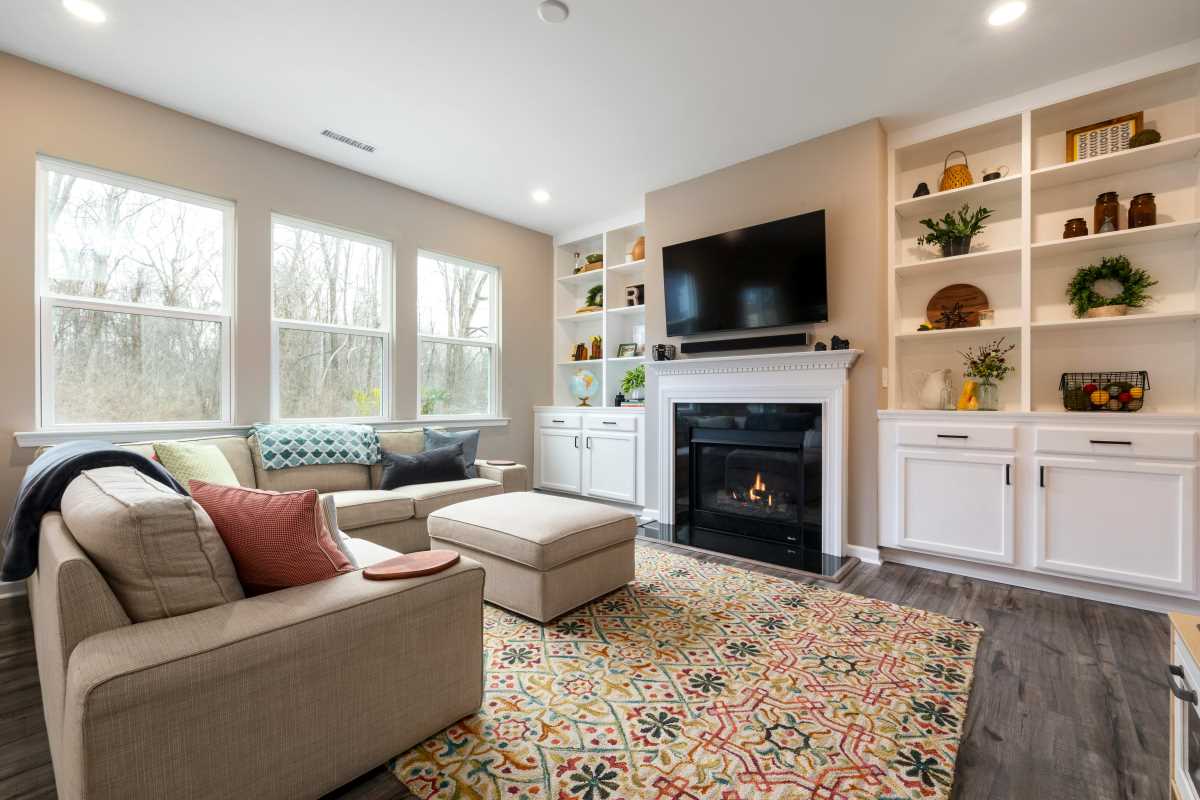Your favorite neighborhood coffee shop has likely changed over the past few years, becoming more than just a place for a quick caffeine fix. Cafes are transforming into vibrant hubs for remote workers, blending the aroma of fresh coffee with the quiet hum of productivity. This evolution is a response to the massive shift in how we work. We’re here to explore the clever ways cafes are welcoming this new wave of customers. This guide will walk you through the specific changes they're making, the benefits for both coffee shops and workers, and how this trend is reshaping the entire cafe experience. Let's dive into the new world of the "coffice."
The Rise of the "Coffice"
The traditional office is no longer the default workplace for millions of people. Remote and hybrid work models have given professionals the freedom to choose where they work, and cafes have emerged as a popular third space—a place between home and the corporate office. This shift presented both a challenge and an opportunity for cafe owners. They could either see laptop users as customers taking up space or embrace them as a steady, reliable source of business.
Many cafes have chosen to adapt, recognizing that remote workers offer consistent foot traffic, especially during traditionally slower weekday hours. By making a few key changes, they have successfully turned their spaces into welcoming environments for people looking to work, meet, and stay productive. This has created a new business model where community and coffee go hand in hand with productivity and professionalism.
Key Adaptations Cafes Are Making
Cafes are getting creative to meet the needs of their remote-working clientele. These changes range from simple upgrades to entirely new service offerings, all designed to make working from a coffee shop a seamless and enjoyable experience. We’ve got you covered with a look at some of the most common and effective adaptations.
Upgraded Infrastructure for Productivity
The most fundamental need for any remote worker is a reliable connection and a place to plug in. Cafes are responding by investing in their infrastructure.
- More Power Outlets: The hunt for a free outlet is a classic remote worker struggle. Smart cafes are installing power strips along walls, adding outlets to communal tables, and even integrating them into seating. This simple upgrade removes a major point of frustration and encourages workers to stay longer.
- High-Speed Wi-Fi: A slow or unreliable internet connection is a dealbreaker. Cafes are upgrading to business-grade, high-speed Wi-Fi to handle dozens of users at once. Some have even created separate networks for guests to ensure a stable connection for everyone without slowing down their own payment systems.
Redesigned Spaces and Seating
The layout of a cafe can significantly impact its appeal to remote workers. Owners are rethinking their floor plans to accommodate different work styles.
- Variety in Seating: Cafes now often feature a mix of seating options. You might find large communal tables for collaborative work, individual high-tops for focused tasks, and comfortable lounge chairs for more casual meetings. This variety allows workers to choose a spot that best suits their needs for the day.
- Designated Work Zones: Some cafes are creating designated "quiet zones" or work-friendly areas. This helps manage the noise level and creates a respectful environment for both social customers and those needing to concentrate. It’s a simple way to balance the diverse needs of everyone in the shop.
New Services and Membership Models
Beyond physical changes, cafes are introducing new services and business models tailored specifically to the remote workforce.
- Coffee Subscriptions: To encourage repeat business, some shops offer subscription services where customers pay a flat monthly fee for unlimited coffee. This model provides predictable revenue for the cafe and a great deal for regulars.
- Bookable Desks and Meeting Rooms: Taking inspiration from coworking spaces, some cafes now allow customers to reserve a desk for a few hours or a full day. Others have converted back rooms into small, bookable meeting spaces, complete with whiteboards and presentation screens.
The Mutual Benefits of This New Relationship
This partnership between cafes and remote workers is a win-win situation. Both sides gain significant value from the arrangement, creating a sustainable and supportive ecosystem. Let's explore the benefits for everyone involved.
What's in It for the Cafes?
For coffee shops, embracing remote workers provides a major boost to their business.
- Consistent Daytime Revenue: Remote workers fill seats and place orders throughout the day, smoothing out the revenue curve between the morning and afternoon rushes. This consistent traffic helps increase overall sales and profitability.
- Building a Loyal Community: A cafe that successfully caters to remote workers becomes a community hub. These regulars build relationships with the staff and other customers, fostering a loyal base that supports the business and spreads positive word-of-mouth.
- Increased Sales Per Customer: While a remote worker might occupy a table for a few hours, they are also likely to purchase multiple items over that time—a coffee in the morning, lunch in the afternoon, and maybe a pastry to go.
What's in It for Remote Workers?
For individuals, working from a cafe offers a welcome change of scenery and several other perks.
- A Cure for Isolation: Working from home can be lonely. A cafe provides a social environment and a sense of connection to the community, helping to combat feelings of isolation.
- Improved Focus and Productivity: The ambient noise and energy of a bustling cafe, often called the "coffee shop effect," can actually help some people focus better than the silence of a home office. It provides a change of pace that can spark creativity.
- Networking Opportunities: Cafes are natural meeting places. Working from a local spot can lead to chance encounters and networking opportunities with other professionals in the community.
The Broader Impact on the Industry
The trend of cafes adapting to remote workers is having a lasting impact on the food and beverage industry. It's pushing cafe owners to be more innovative and customer-centric, thinking beyond just serving good coffee.
 (Image via
(Image via





